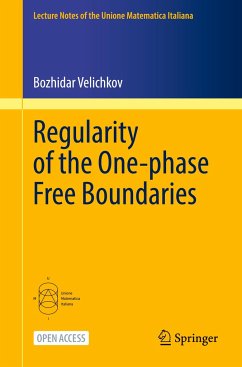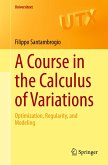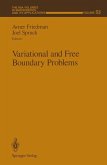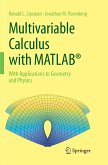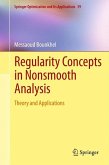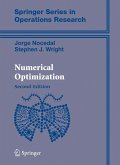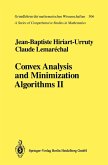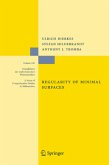This open access book is an introduction to the regularity theory for free boundary problems. The focus is on the one-phase Bernoulli problem, which is of particular interest as it deeply influenced the development of the modern free boundary regularity theory and is still an object of intensive research.
The exposition is organized around four main theorems, which are dedicated to the one-phase functional in its simplest form. Many of the methods and the techniques presented here are very recent and were developed in the context of different free boundary problems. We also give the detailed proofs of several classical results, which are based on some universal ideas and are recurrent in the free boundary, PDE and the geometric regularity theories.
This book is aimed at graduate students and researches and is accessible to anyone with a moderate level of knowledge of elliptical PDEs.
The exposition is organized around four main theorems, which are dedicated to the one-phase functional in its simplest form. Many of the methods and the techniques presented here are very recent and were developed in the context of different free boundary problems. We also give the detailed proofs of several classical results, which are based on some universal ideas and are recurrent in the free boundary, PDE and the geometric regularity theories.
This book is aimed at graduate students and researches and is accessible to anyone with a moderate level of knowledge of elliptical PDEs.

